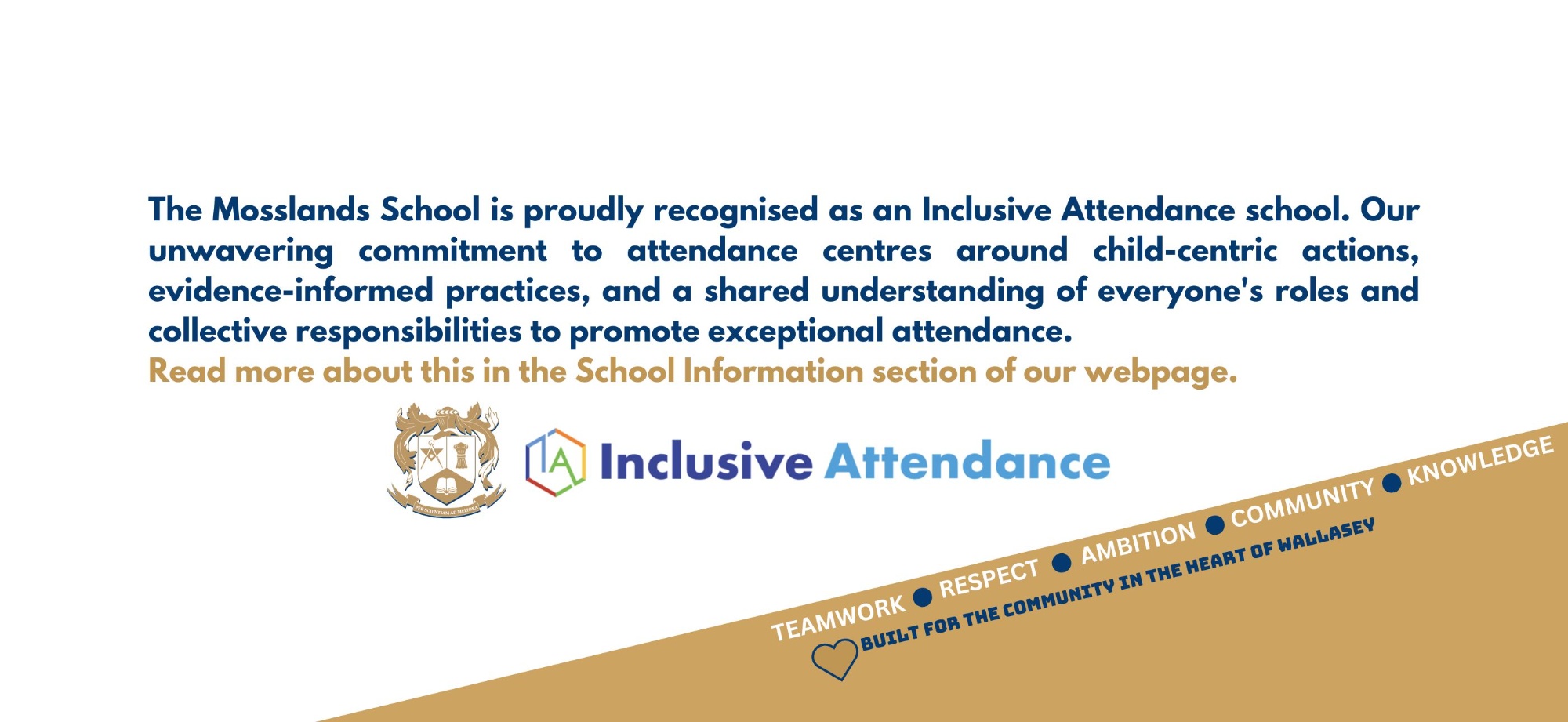The Knowledge and Skills overviews show the specific English content students will learn in each unit of study throughout the year. These documents outline both the substantive knowledge (literary concepts, textual analysis, grammatical understanding) and the disciplinary skills (critical reading, creative writing, effective communication) that students will develop. Each unit is broken down to clearly identify what students need to know and what they should be able to do upon completion. Through the systematic development of both knowledge and skills, students build literacy capabilities, analytical thinking, and effective expression appropriate to their stage of learning.
Select a unit to find out more...
Greek Mythology
| Unit Progress Criteria |
| Knowledge |
Skills |
- To understand the context of life in Ancient Greece and its legacy
- To understand and explain the difference between myths, legends, fairy tales, and fables.
- To understand the creation story in Greek mythology and make connections with other cultural ideas about creation.
- To understand what archetypes are in Greek mythology, give examples, and make comparisons to other texts.
- To understand the etymology of key vocabulary in the English language, including "chronological" and "Titanic," and recognise common prefixes and suffixes.
- To understand the key themes in Greek narratives, such as morality, punishment and judgment, fate and prophecy, heroism, love and betrayal, and metamorphosis and change.
|
- To make predictions about texts and link ideas to real-life situations and wider social contexts.
- To read, comprehend, and summarise a range of myths from Metamorphoses
- To extract explicit information from a text and infer deeper meanings.
- To read aloud a script, demonstrating clear communication and engagement.
- To write a descriptive piece on a "Journey Through the Underworld," using vivid imagery and detail.
- To write a narrative story focusing on the theme of metamorphosis, drawing on mythological elements.
- To read a range of short stories on the theme of Greek mythology, making links and connections with traditional Greek myths.
|
A Midsummer Night's Dream
| Unit Progress Criteria |
| Knowledge |
Skills |
- To understand what life was like in Elizabethan England and its influence on literature and culture.
- To understand the cultural and historical context of Ancient Athens and William Shakespeare’s work.
- To understand the plot elements of A Midsummer Night's Dream, including The Lovers, The Fairy Quarrel, The Love Potion, and The Mechanicals.
- To understand the key themes of the play, such as Love, Magic, Appearance and Reality, Order and Disorder, and Resolution.
- To understand the form and conventions of Shakespearean comedy, including its structure and typical elements.
|
- To read, comprehend, and summarise key events, characters, and themes in the play, making inferences and supporting interpretations with textual evidence.
- To write formal responses, including structured essays and imaginative writing, using quotations and key terminology to support opinions.
- To plan, edit, and proofread written work, applying effective grammar, vocabulary, and structure.
- To study setting, plot, characterisation, and the work of dramatists through performance and interpretation of play scripts.
- To understand and engage with play scripts, such as "The Mechanicals," through reading, performance, and discussion.
- To participate in formal debates and discussions, using evidence from the text to support arguments and interpretations.
- To analyse and interpret specific scenes, such as how the character of Egeus is presented in Act One, Scene One, and comprehend the significance of key events.
|
Childhood Poetry Anthology
| Unit Progress Criteria |
| Knowledge |
Skills |
- To understand and explain the importance of childhood as a stage of development and how it has changed over time.
- To read and comprehend a range of poems across different periods and infer meaning within these texts.
- To identify and explain the opinions and key messages of poets in the anthology.
- To understand and explain the key ideas of the Romantic poets.
- To identify a range of poetic devices within poems and understand how writers use imagery to create ideas.
- To understand the themes of childhood, growing-up, role models, relationships, and the rights of the child as they appear in poetry.
- To understand the conventions of poetic form, structure, techniques, and language used in the poems.
|
- To make links and connections between poems in the anthology and support points with evidence using quotations from the poems.
- To analyse poems by commenting on the effects of techniques and making inferences, referring to evidence in the text.
- To write analytical responses on key poems for assessment and create a creative writing portfolio of poems.
- To recognise and understand a range of poetic devices and make critical comparisons across texts.
- To write for purpose and audience, including imaginative writing and structured essays, while summarising, organising ideas, and supporting arguments with detail.
- To apply grammar, vocabulary, and structure effectively, and plan, edit, and proofread written work.
- To engage in formal debates and discussions, read play scripts, and perform poetry from memory.
|











